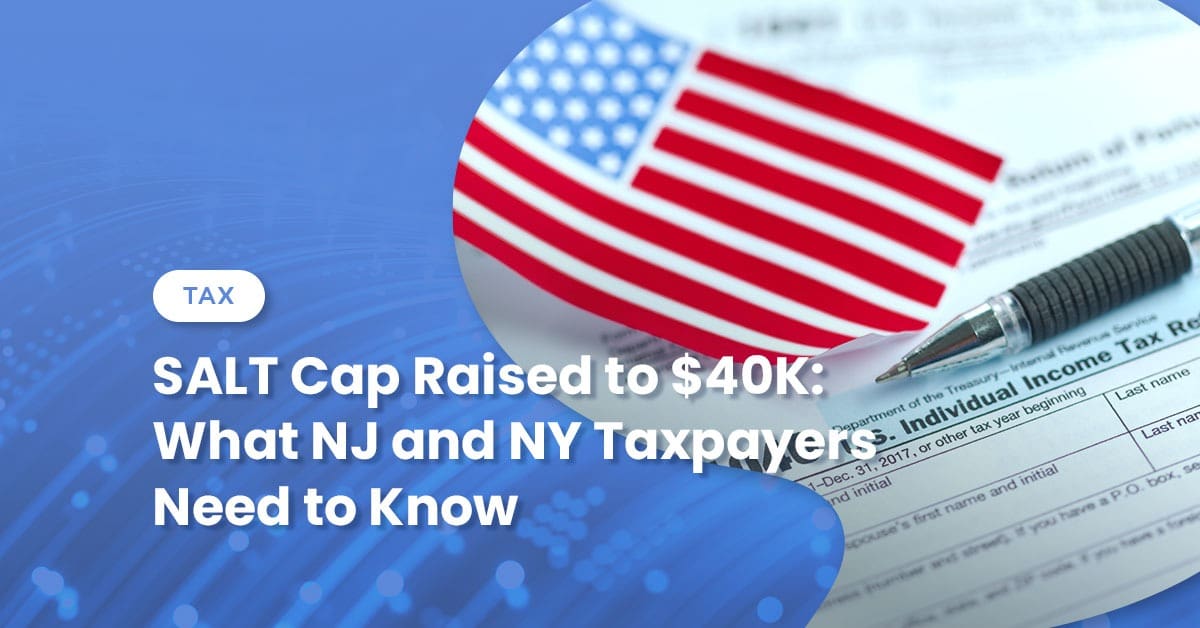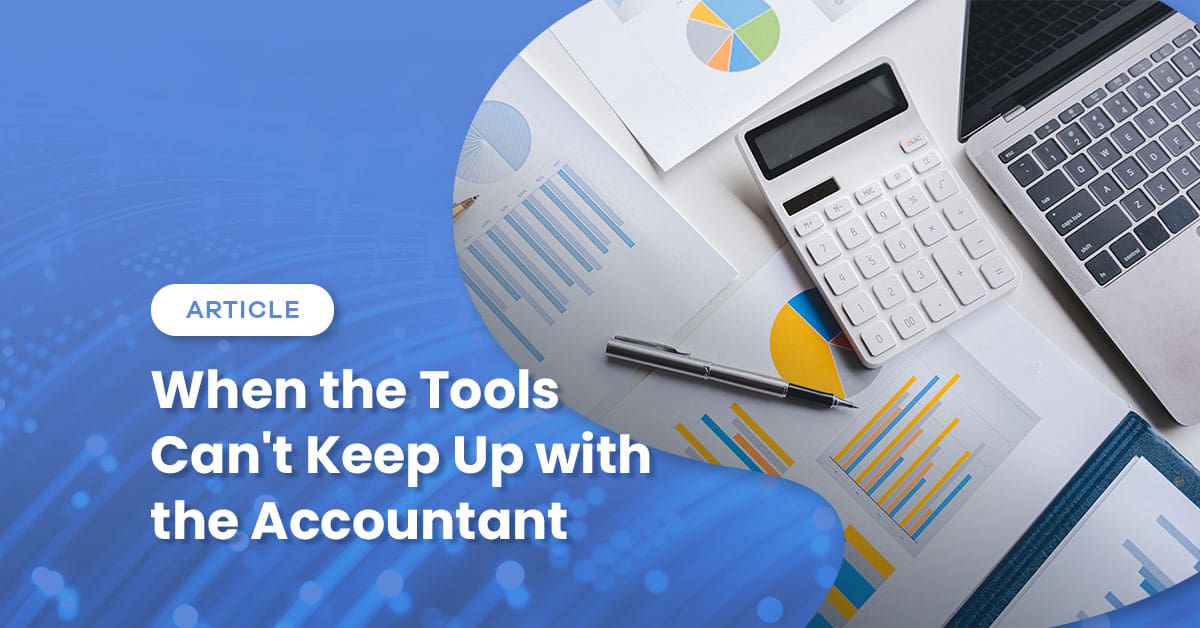While there is much to say about the complexity and application of the new Qualified Business Income (“QBI”) deduction provided under the recently enacted Tax Cuts and Jobs Act, I am going to focus on a narrow aspect of these rules that could have a significant impact on partners and partnerships.
Overview of QBI Deduction
Under the new QBI deduction provisions, effective after January 1, 2018, an owner of a sole proprietorship, S corporation or partnership is entitled to a deduction equal to 20% of the “qualified business income” earned by a business. In very general terms, QBI includes the ordinary business income (less expenses) generated by a business. QBI does not include investment type income of the business, such as interest or dividend income, or capital gains from the sale of property.
Limitations on the QBI Deduction
The 20% deduction for QBI is however limited to the lesser of:
1. 20% of qualified business income; or
2. The greater of:
a. 50% of the total W-2 wages paid by the business; or
b. The sum of:
i. 25% of W-2 wages, plus
ii. 2.5% of the unadjusted basis of certain business assets.
The limitation with respect to the greater of 50% of W-2 wages or the sum of 25% of W-2 wages and 2.5% of the unadjusted asset basis does not apply if the business owner’s total taxable income for the year from all sources is less than $315,000, for married individuals ($157,500 for single individuals). There is a phase in of the limitation for a narrow range of income in excess of these thresholds but once the taxpayer’s income is over $415,000 for married individuals ($207,500 for single individuals) the limitation is applied in full.
Exception for Specified Service Businesses
A significant exception to the use of the QBI deduction is aimed specifically at owners in certain specified service businesses. Under this exception, the owners of certain specified service businesses do not qualify for the 20% QBI deduction unless their total taxable income is less than 315,000 for married individuals ($157,500 for single individuals). There is also a phase in for a narrow range of income in excess of these thresholds that would still permit the owner in a specified service business to take the 20% QBI deduction. Similar to the W-2 wage limitation phase in, this phase in stops once the taxpayer’s income reaches $415,000 for married individuals ($207,500 for single individuals).
For this exception, the specified service businesses include the fields of health, law, accounting, actuarial science, performing arts, consulting, athletics, financial services and brokerage services. Notably missing from this list are the fields of engineering and architecture. These two fields were removed from the list of specified service businesses just before the new law was signed.
What is Excluded from QBI?
While QBI generally includes all items of ordinary business income earned by the business, under the new law QBI specifically does not include:
1. Reasonable compensation paid to the taxpayer by any qualified trade or business of the taxpayer for services rendered with respect to the trade or business,
2. Any guaranteed payment paid to a partner for services rendered with respect to the trade or business, and
3. To the extent provided in regulations, any payment to a partner not acting in his capacity as a partner for services rendered with respect to the trade or business.
Are Guaranteed Payments Included in QBI?
No, guaranteed payments aren’t included in QBI. These payments are considered compensation for services, so they don’t count toward the 20% deduction. If you’re a partner receiving guaranteed payments, they won’t qualify for the QBI deduction, even though your share of the partnership’s income may.
How Does QBI Apply to Partnerships?
Since my focus here is on partnerships, the application of these rules to a partner in a partnership would permit a partner to qualify for the 20% QBI deduction for his share of the QBI of the partnership so long as:
1. The partnership is not engaged in one of the specified service businesses under the statute; or
2. Even if the partnership is engaged in one of the specified service businesses, the partner’s total taxable income is less than the specified dollar thresholds.
However, in no event is the QBI deduction permitted for any payments to a partner from a partnership that constitute reasonable compensation, a guaranteed payment, or a payment to a partner not acting in his capacity as a partner for services rendered with respect to the trade or business.
Restructuring Guaranteed Payments for QBI Deduction
Although the law is still in its infancy and provides little guidance, partners who would not otherwise qualify for the QBI deduction because they receive their income in the form of guaranteed payments, may want to explore the possibility of changing the classification of their guaranteed payments to a distributive share of the partnership’s business income.
Guaranteed payments to partners are payments the partnership makes to a partner whether or not the partnership generates profit. Even if the partnership is generating losses and does not distribute profits to partners, partners who are entitled to a guaranteed payment will still be compensated for their services provided to the partnership. In this way, a guaranteed payment can be thought of as the functional equivalent of a salary to a shareholder-employee of a corporation. Similar to salary expense, the guaranteed payment is treated for federal income tax purposes as an expense to the partnership and may pass through as a deduction to the partners in their capacity as equity owners.
Under the new law, assuming the partnership is either not engaged in a specified service business or, if the partner’s total taxable income is under the specified thresholds, the classification of a payment to a partner as either a “distributive share” of what would otherwise be QBI or a guaranteed payment could determine whether or not a partner’s share of the income qualifies for the 20% QBI deduction. Fortunately, there may be some flexibility to restructure partnership agreements to change the classification of any payments currently classified as a guaranteed payment to a distributive share of the partnership income. It is the substance of the agreement that controls whether it provides for advance drawing against profits (i.e., a distributive share) or for an amount payable in all events (i.e., a guaranteed payment).
The flexibility partners have to alter the partnership arrangement provides the opportunity to modify the classification of payments made to partners who may currently be entitled to a distributive share of partnership income to that of a guaranteed payment, a classification made more significant with the enactment of the new QBI deduction. However, such a modification is not without economic consequences and may be more uniquely suited to a professional services partnership. Of course, any modification of this type should not be attempted without a full consideration of all of the tax and economic ramifications together with the appropriate tax and legal professionals experienced in these matters.
* * * * *
The information contained in this article is of a general nature and based on authorities that are subject to change. Applicability of the information to specific situations should be determined through consultation with your Wiss advisor.

 Previous
Previous








